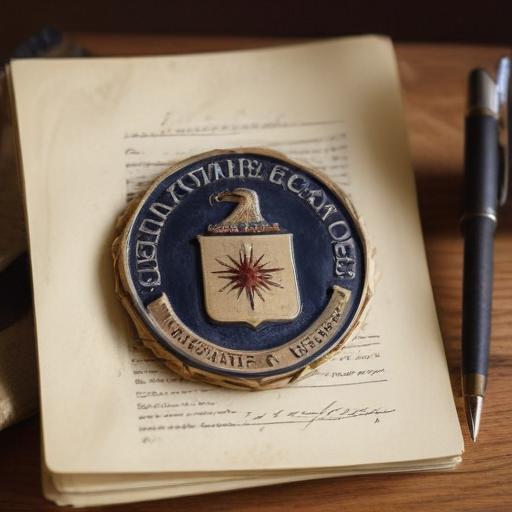Sandra Grimes, a pivotal figure in the CIA’s history of counterintelligence, passed away on July 25 at the age of 79. Her career was marked by significant contributions, particularly in the investigation that led to the conviction of Aldrich Ames, a notorious Soviet spy who compromised numerous agency informants, resulting in severe consequences for U.S. national security.
Initially at the crossroads of her career in the early 1990s, Grimes contemplated retirement to spend more time with her family after more than twenty years with the CIA. However, she chose to remain on duty to assist in a critical investigation into the alarming disappearance of informants in the Soviet Union during the mid-1980s. This investigation revealed a grim reality: many of these informants had been identified and often executed.
Grimes played a key role in scrutinizing Ames, whom she suspected due to his unusual financial behavior and personal lifestyle changes. Despite his official position as the CIA’s counterintelligence chief for Soviet operations, the evidence Grimes gathered suggested a troubling narrative. The financial discrepancies following his meetings with Soviet officials raised red flags, leading her to conclude that Ames was indeed a spy.
In 1994, Aldrich Ames was arrested and subsequently pled guilty to espionage. He is now serving a life sentence, forever tied to the significant damage he caused to U.S. security interests. The Senate Intelligence Committee notably remarked that Ames inflicted more harm on national security than any other spy in the CIA’s history.
Grimes’ legacy endures, highlighting the importance of vigilance and integrity in the field of intelligence. Her passing marks the loss of a dedicated professional who played a critical role in protecting U.S. interests during a fraught period in history.
Her investigations serve as a reminder of the sacrifices made by those involved in intelligence work and the significant ripple effects that can arise from the actions of a single individual. The lessons learned from her career continue to shape practices within the intelligence community today, emphasizing the need for thorough oversight and ethical conduct in espionage activities.
